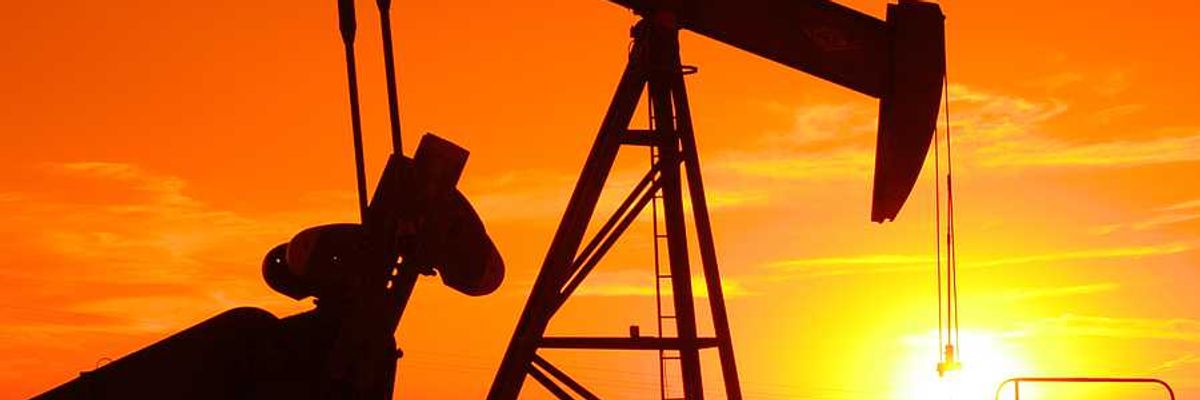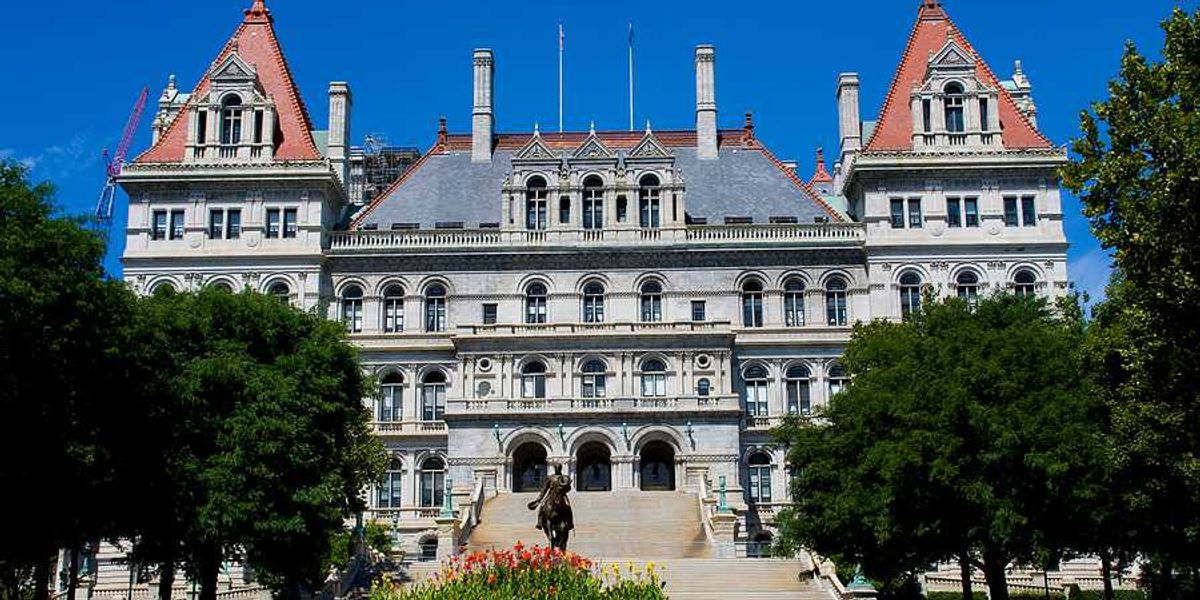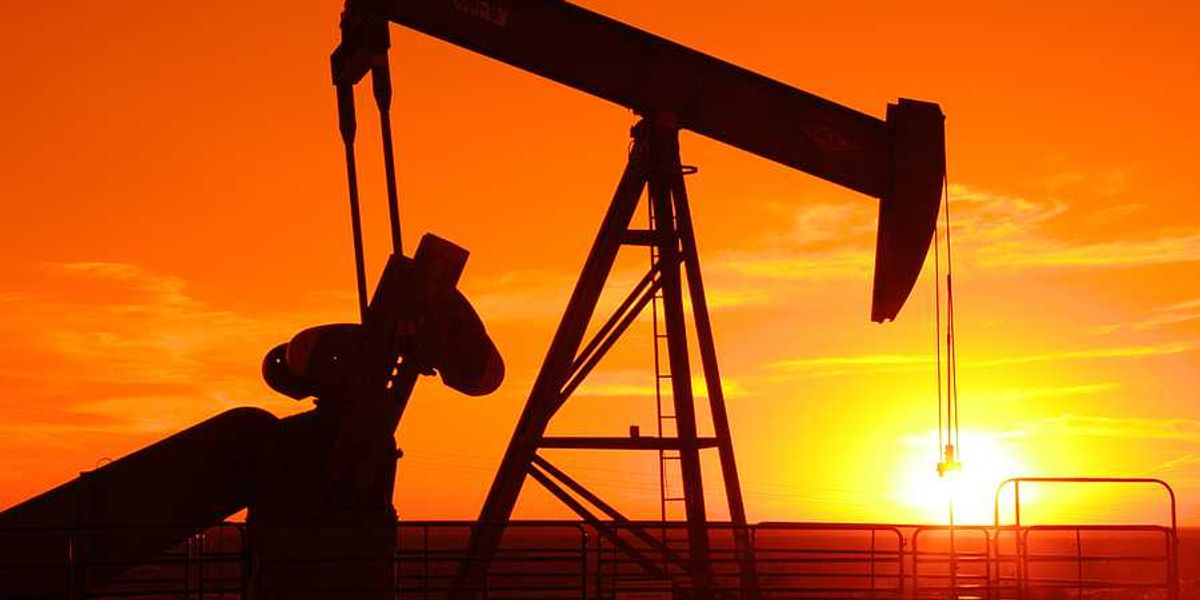workers
California reduces safety inspections as farmworkers face worsening heat
California has reduced enforcement of outdoor heat protection laws even as farmworkers endure increasingly extreme temperatures, with inspections by Cal/OSHA dropping nearly 30% since 2017.
In short:
- From 2017 to 2023, Cal/OSHA inspections for outdoor heat safety decreased by almost 30%, with violations issued to employers falling by over 40%.
- Farmworkers report frequent violations of safety laws, including lack of shade and water, amid ongoing agency staffing shortages.
- California lawmakers are considering legislation to strengthen enforcement and ensure compensation for heat-related injuries.
Key quote:
“We just need Cal/OSHA to be out there more often and do more inspections that hopefully will save farmworker lives.”
— Ephraim Camacho, community worker for California Rural Legal Assistance
Why this matters:
As climate change drives temperatures higher, vulnerable outdoor workers face increased health risks, and weakened enforcement of heat protection laws puts their lives in greater danger.
Unions and climate groups call for transition plan for UK North Sea oil workers
Amid the decline of North Sea oil, unions and climate groups demand a clear and funded transition plan to protect jobs and communities.
Matthew Taylor, Helena Horton and Jillian Ambrose report for The Guardian.
In short:
- The North Sea oil industry, a key economic driver for decades, faces terminal decline as oil production drops and companies pull out.
- Last year, the basin had its lowest production year since it was established as an oil basin in the 1970s.
- Unions and climate groups, once adversaries, now unite to ensure a fair transition to low-carbon jobs for the 60,000 workers affected.
- Political parties are divided on how to handle the transition, with Labour promising no job losses and Conservatives pushing for continued exploration.
Key quote:
“We simply can’t let these workers be the coalminers of this generation, with all the devastation to lives and communities that would entail.”
— Joe Rollin, senior organiser at Unite, which represents oil and gas workers.
Why this matters:
The decline of North Sea oil threatens the livelihoods of thousands of workers. Climate groups see the potential for a significant reduction in carbon emissions and a chance to pivot to sustainable energy sources. However, they are also acutely aware that this shift needs to be just and equitable, ensuring that those who have powered the economy for so long are not left behind.
Heat rules for workers face election challenge
The Biden administration is moving closer to finalizing a heat protection standard for workers, but the upcoming election could jeopardize its implementation.
In short:
- The Occupational Safety and Health Administration (OSHA) has submitted a proposal for a national heat stress rule to the White House for review.
- The rule may mandate employer and worker training, acclimatization procedures and heat illness prevention programs starting at an 80°F heat index.
- Political and legal challenges, especially if Trump wins the presidency, could prevent the rule from being finalized.
Key quote:
“When it’s hot outside, it feels even hotter within the warehouses, because of all the machinery. If it’s like 110 outside, then it’s like 10 more degrees inside.”
— Victor Ramirez, former Walmart warehouse worker.
Why this matters:
Extreme heat poses a significant danger to workers, especially those in outdoor or poorly ventilated indoor environments. Heat stress causing a range of illnesses, including heat exhaustion and heat stroke, which can be fatal. Beyond immediate health risks, chronic exposure to extreme heat can exacerbate existing conditions like cardiovascular and respiratory diseases.
Florida's outdoor workers face increased heat risk without new protections
Maria Leticia Pineda recounts the physical toll of long hours under Florida's heat as the state blocks local heat safety measures for outdoor workers.
Amy Green and Victoria St. Martin report for Inside Climate News.
In short:
- Florida's legislature has passed a bill preventing local governments from implementing heat safety measures for outdoor workers, despite rising temperatures.
- Advocates and scientists condemn the bill as dangerous, emphasizing the risks faced by workers without proper heat protections.
- California, Oregon, and Washington have established formal heat standards, showing a positive impact on worker health, setting an example yet to be followed by Florida.
Key quote:
"This bill is cruel and inhumane."
— Kristin Dahl, principal climate scientist, Union for Concerned Scientists
Why this matters:
States like California and Oregon have been pioneers in establishing regulations aimed at safeguarding outdoor workers from the perils of heat exposure, including mandatory water breaks, access to shade, and monitoring for heat-related illnesses. These measures are seen as vital in industries such as agriculture, construction, and landscaping, where employees are directly exposed to the elements. Critics of enhanced protective measures argue that such regulations could impose significant financial burdens on businesses, potentially stifling economic growth and job creation. There's also a political dimension, with some states - like Florida - prioritizing deregulation and business autonomy over new worker safety mandates.
USPS is falsifying safety docs as its workers die of heat
Even after a mail carrier’s recent death, the company continues to violate its own rules.
Workers exposed to extreme heat have few protections
What the UAW strike means for EVs
The UAW is seeking better pay and benefits — and an uncertain transition to electric vehicles is underpinning a lot of their concerns.









